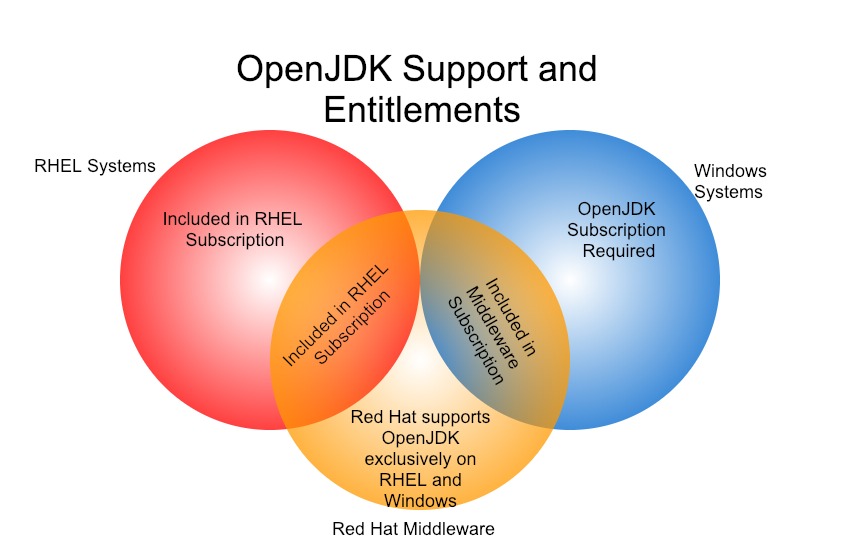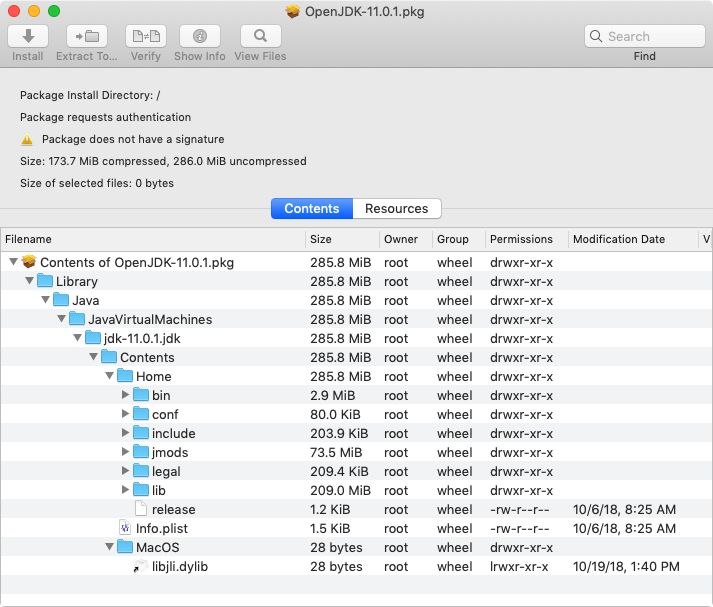

- Determining the Default Version of the JDK. If you have not yet installed Apple's Java OS X 2012-006 update, then you are still using a version of Apple Java 6 that includes the.
- Azul has been leading the OpenJDK community effort initiated in August 2020, to add support for Apple Silicon, Arm-based Macs in future versions of OpenJDK. In addition to targeting future Java versions, such as Java 16 via JEP 391, Azul will make OpenJDK builds of currently popular Java versions, including Zulu builds of OpenJDK 8, 11, 13,.
Mac OS X Port Project. The goal of this Project is to produce a high-quality, open source version of JDK 7 for the Mac. The final release has the following goals: Pass all appropriate certification tests for Java SE 7; Include a complete, native Cocoa-based UI Toolkit; Provide excellent performance; This Project is sponsored by the Porters.
The following are the system requirements for installing the JDK and the JRE on macOS:


Any Intel-based computer running macOS.
Administrator privileges.
You cannot install Java for a single user. Installing the JDK and JRE on macOS is performed on a systemwide basis for all users. Administrator privileges are required to install the JDK and JRE on macOS.
When you install the JDK, it also installs the JRE. However, the system will not replace the current JRE with a lower version.
To determine the current JRE version installed on your system, see Determining the JRE Version Installed on macOS. To install an earlier version of the JRE, you must first uninstall the current version. See Uninstalling the JRE on macOS.
When you install the JRE, you can install only one JRE on your system at a time. The system will not install a JRE that has an earlier version than the current version.
To determine the current JRE version installed on your system, see Determining the JRE Version Installed on macOS. To install an earlier version of the JRE, you must first uninstall the current version. See Uninstalling the JRE on macOS.
Note:
Installing a JRE from Oracle will not update
java -versionsymlinks or addjavato your path. To do this, you must install the JDK.
Take a look at how you can quickly get started with OpenJDK with this tutorial that gives you commands for installing version 7-11 through a Mac Terminal.
Join the DZone community and get the full member experience.
Join For FreeIn this article, I will be using Homebrewto install OpenJDK versions on the Mac.
We use brew install to install JDK versions 8,9,10, andbrew cask installfor version 11 and above.
All the brew commands are executed in the Terminal window on the Mac.
Install OpenJDK Versions 8, 9, and 10
brew tap AdoptOpenJDK/openjdk
Openjdk For Mac Download
brew search /adoptopenjdk/
The Formulae section contains the identifiers for the various JDK versions.
To install a specific JDK version: brew install <identifier>

e.g. to install OpenJDK 8: brew install adoptopenjdk/openjdk/adoptopenjdk-openjdk8
JAVA_HOME should be set by the developer to /usr/local/Cellar/adoptopenjdk-openjdk8/jdk8u172-b11.
Install OpenJDK Version 11
Openjdk For Macos
brew cask install adoptopenjdk
Openjdk For Mac Download
JAVA_HOME should be set by the developer to /Library/Java/JavaVirtualMachines/adoptopenjdk-11.jdk.
Openjdk For Macos
Opinions expressed by DZone contributors are their own.